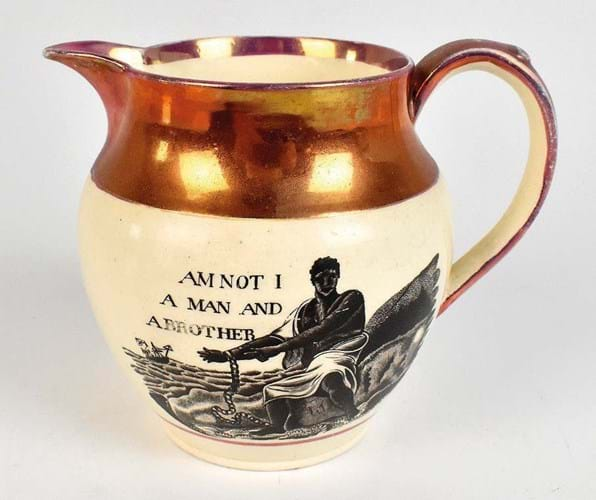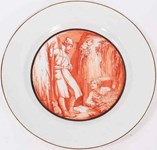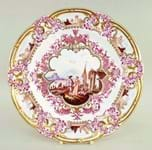To the front is a scene of a slave in chains inscribed with the motto Am not I a man and a brother?
To the reverse is a stanza from William Cowper’s 1788 poem The Negro’s Complaint. It reads The Negro’s fleecy locks and black complexion cannot forfeit nature’s claim, Skins may differ but affection dwells in white and black the same, Slaves of gold whose sordid dealings tarnish all your boasted powers, Prove that you have human feelings ere boldly question ours.
‘Emancipation pottery’ as it sometimes known was sold at anti-slavery fairs or gatherings where lectures and sermons were given. It was through objects such as this that British abolitionists made their case, first for the end of the trade in human cargo (banned on British shipping in 1807) and finally for the abolition of slavery itself in 1833.
This 4.5in (11.5cm) jug, with a 2cm hairline crack from the spout, was made in either Sunderland or Staffordshire, c.1820. Estimated at £30-50 at the December 17 sale, it took a costlier £1150.
These are rare pieces but another, in silver lustre, was offered at Bristol Auction Rooms in July 2020 where it sold at £1200. Another, with some restoration, made £380 at Woolley & Wallis in 2006.














